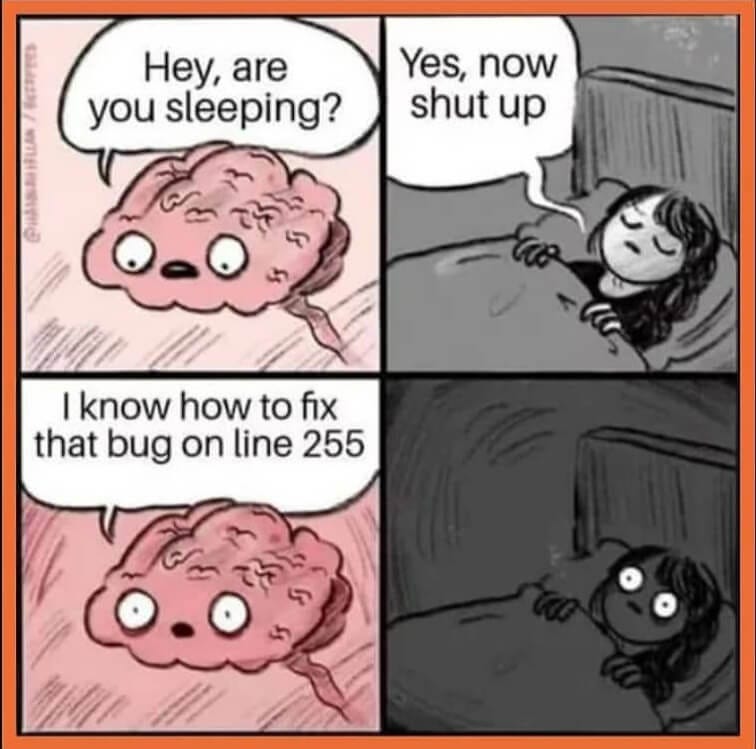Mastering Debugging: Essential Tools and Techniques for Developers
Written on
Understanding Debugging Challenges
“Sometimes it pays to stay in bed on Monday, rather than spending the rest of the week debugging Monday’s code.” — Christopher Thompson.

Debugging Techniques and Insights
Regardless of whether you are a novice or have years of programming experience, debugging can be an incredibly frustrating task. Even seasoned developers encounter challenges. However, it doesn't always have to be such a struggle. Here are some effective strategies to ease the process:
- Take a Break: It may sound counterintuitive, but stepping away from the problem for a short time can provide a fresh perspective when you return. This simple act can prevent you from getting lost in unproductive thoughts.
- Talk to a Duck: This peculiar method is surprisingly effective. The idea is that explaining your problem out loud to a rubber duck (or any inanimate object) can help clarify your thoughts and lead you to realize where the code is going wrong.
- Utilize the Input-Output Principle: Break down your code into its distinct functionalities and analyze the inputs and expected outputs. This approach can significantly streamline the debugging process.

Crucial Reminders for Effective Debugging
To maintain composure during debugging, keep these two important points in mind:
- The bug is occurring for a valid reason.
- Familiarize yourself with debugging tools.
While this may seem straightforward, many developers overlook these principles and then wonder why their code isn't functioning as expected. Remember, the bug is not an enigma; your program is executing exactly as instructed. Also, there are countless useful debugging tools available—many programmers still rely solely on print statements. Knowing your tools is essential.
“Debugging is like being a detective in a crime movie where you are also the murderer.” — Filipe Fortes.
Exploring Debugging Tools
Let’s begin with the basics. Most Integrated Development Environments (IDEs) come equipped with a debugger. It's vital to learn how to utilize it effectively.
Monitoring Tools:
- dstat: Displays real-time statistics on network and disk usage. Usage: $ dstat
- strace: Logs the system calls made by your program, helping identify errors. Usage: $ strace python script.py
- opensnoop: Monitors files opened by your program in real-time. Usage: $ opensnoop -p $PID
Networking Tools:
- netcat: A versatile utility for port scanning, file transfers, and more. Usage: $ nc -vz <host> <port>
- netstat: Reveals network connections and routing details. Usage: $ netstat -tlpn
- tcpdump: Captures and analyzes network traffic, ideal for debugging. Usage: $ tcpdump -i <interface> <ip or hostname> <port>
CPU Tools:
- perf: A performance analysis tool for lightweight profiling. Usage: $ perf top will help identify memory usage by functions.
For more insights on DevOps, be sure to check out my articles on Medium.
The first video titled "Best Debugging Tips For Beginners" provides valuable insights into essential debugging strategies for novice programmers.
The second video, "Why You Need To Start Using Your Debugger Now!" discusses the importance of debugger tools and how they can significantly improve coding efficiency.
If you found this article helpful and aren't yet a member, consider supporting me and other writers by signing up for a membership, granting you unlimited access to fantastic content on Medium. Your membership directly supports my work. Click here to sign up today.